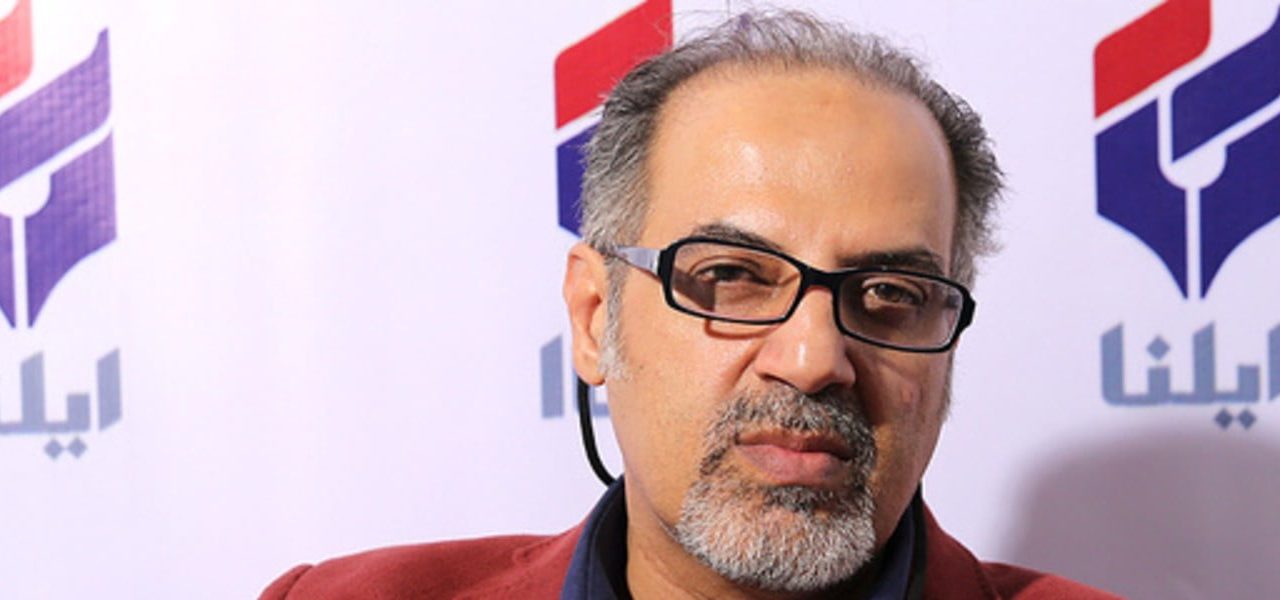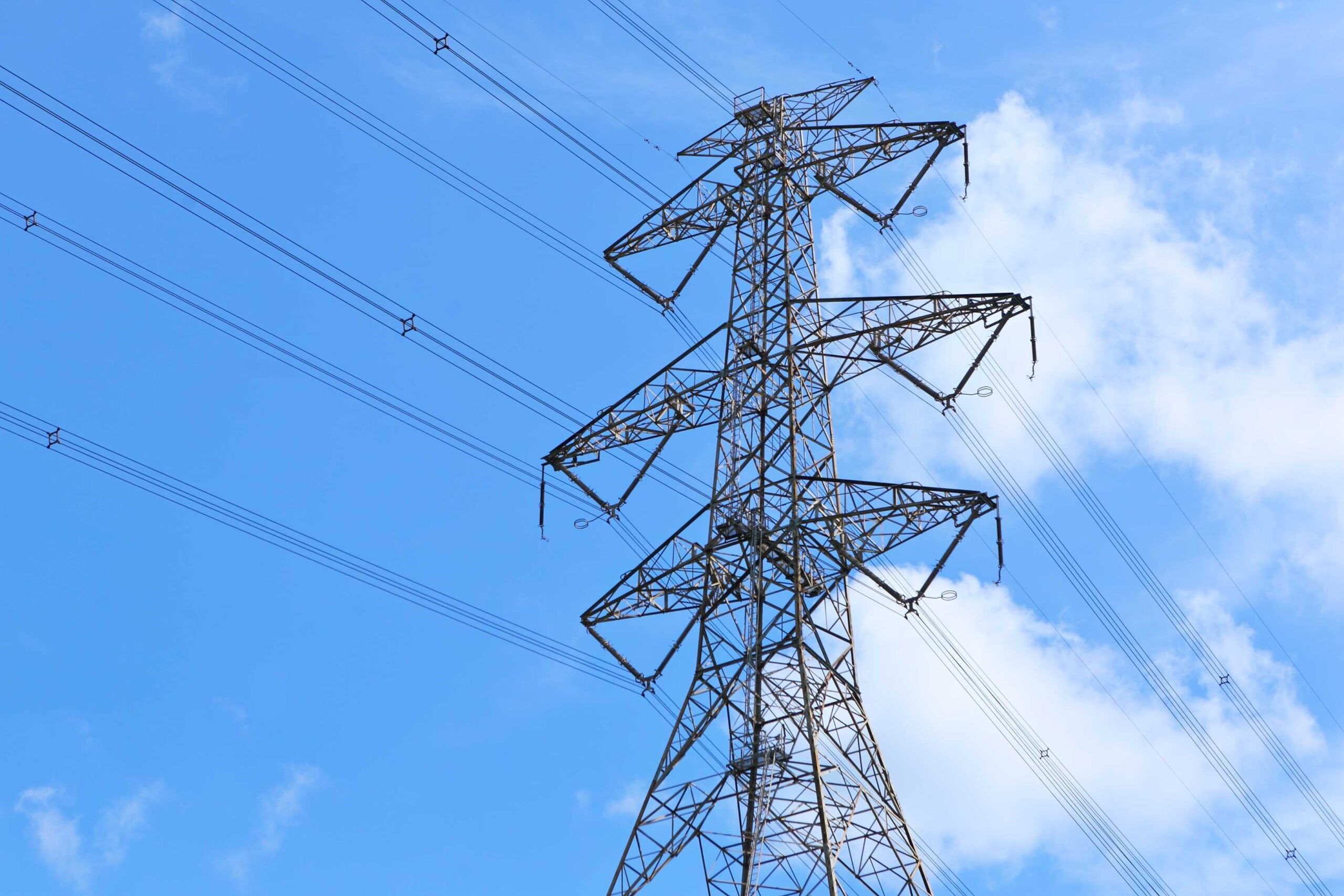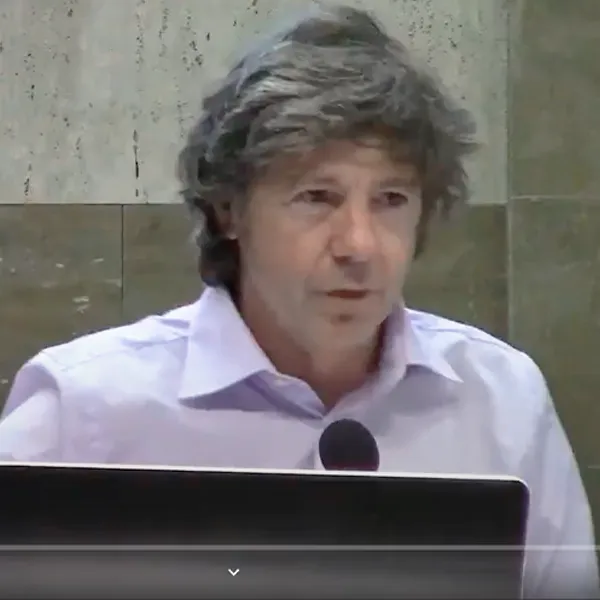Mehdi Motaharnia (born 1965, Kashan) is a university professor with a background in sociology, political science, communication, futurology and security. He is a professor at Islamic Free University in Gom, central Tehran; in North Tehran and a visiting lecturer at the higher national universities of Defence. He also collaborates with the Islamic Free University as director of the Research Institute for Social Sciences and Revolution of the Central Organization of the Islamic Free University; and is the author of books and articles in the fields of social and political sciences, futurology, communication, media, security and psychological operations.
The Barricade has published the full version of the interview, which was aired on the Bulgarian national radio in a shortened form on 21 June 2021.
Mr. Motaharnia, after the 13th round of elections for the president of the Republic of Iran, Ebrahim Reisi won, and the Rouhani term will end soon. What is the condition of Iranians after 8 years of Rouhani’s government? What is the legacy of Rouhani’s government for the economy and international relations?
Iranians are in different social classes. In Iran, the lower classes suffer from persistent poverty. The middle classes are below the poverty line too. This level of poverty and economic instability causes dissatisfaction among the people. The cost of living is high. Dissatisfaction with the standard of living is high.
The Rouhani government had a different legacy for these different classes. The legacy of the Rouhani government is related to both the economy and international relations. The first Rouhani government was able to push a nuclear issue into an agreement reached between Iran and the P5 + 1 group and managed to increase economic growth.
But opposition to him in Iran came from a powerful rival front which accused Rouhani of mismanagement. The sanctions were reimposed. Trump departed from the nuclear agreement and that caused economic growth to decline again and the value of the national currency to fall. Inflation and recession combined, and the corona crisis worsened the situation.
In the second administration of Rouhani, the issue of the nuclear deal has been seriously challenged by the opposition of a group that was competing with Rouhani and is now in power, on the one hand, and Trump’s inauguration, on the other. That is how the Rouhani foreign and economic heritage collapsed.
And now the Biden government seems to be working hard to return to Vienna. But it must be said that this is the beginning of a long road.
It is said that the economy is the biggest problem of Iranians today. There is also an opinion that Rouhani was a government that tolerated the middle class and business. What changes will Ibrahim Raisi make in economic policy? Is there any real possibility of solving Iran’s economic problems in Iran or outside Iran – given the state of international relations?
The economy was the most important issue in the 2021 elections. In the opinion of the people, the candidates talked about the basic necessities of the people before talking about economics. Even the efforts of the candidates accepted by the Guardian Council, such as the former head of the Central Bank Hemmati mostly dealt with the issue of livelihood in the field of economic programs. There were different desires and promises to pay monthly allowances to the people by the candidates “What is happening so far is that the president-elect is facing a growing volume of livelihood demands related to grants to meet the basic living needs of the people,” Hemmati said.
Does the solution to Iran’s economic problems lie within or outside Iran? Both are true. In Iran, an economic program must be implemented in order to adopt an efficient economic development model appropriate to the social and economic structure of Iran. On the other hand, despite the internationalization of the concept of Iran’s economy, it should solve its problems with the international system. Iran needs to change the paradigm of macro-policy doctrine and behavioral strategy with the international system. But, whether this will be accepted – there is doubt.
Voting turnout is below 50%. What does this mean for Iranian politics?
Elections are a competition between fundamentalists and reformists. Some reformists implicitly or directly or indirectly did not encourage participation in the elections. Mir Hossein Mousavi appeared while in house arrest with a statement stating that he would not vote, but Karroubi declared that he supported Hemmati. Thus a gap was created between reformists such as Khatami and Mousavi, as well as between Tajzadeh and Karroubi. In any case, this situation led to the victory of the fundamentalists, and to the defeat of the reformists.
However, the number of invalid votes is more than the second person. This situation indicates that a new kind of competition took place between those who said no and yes to the ballot box.
According to official statistics, 48% of the people participated in the elections, about 10% of whom voted invalid. The president has 17.5 million votes. This vote should be taken into account. Raisi said he would act in the interests of all. According to a number of analysts, the main losers in this election are the reformists.
Iran and the P5 + 1 are currently in Vienna discussing the resumption of a nuclear deal. What role will the government of Ibrahim Raisi play in Iran’s relations with the world’s great powers such as the United States, Britain, the European Union, Russia and China? Will there be any economic sanctions against Iran?
Foreign policy is not in the hands of the president. The president is the head of the executive branch of the state. Foreign policy is conducted by the leader. The power of the president comes from being close to the leader. Ibrahim Raisi has been in the judiciary since the beginning of the Islamic Republic and has no experience in the diplomatic arena. He has been contested by human rights organizations and has American sanctions imposed upon him. Some believe his election as president will disrupt the nuclear talks.
What is your prognosis for the development of the negotiations in Vienna?
The plan to return the United States and Iran to a nuclear deal was made during Rouhani’s time and in recent months. The beginning of these negotiations is with the permission of the Supreme Leader of Iran. The goal is the lifting of all sanctions against Iran and the verification of Iran in order to remove the sanctions.
It seems that the Biden government is trying to get Iran back to the nuclear agreement in order to control Iran in other areas as well. It wants to expand formal talks with Iran and return to full compliance, subject to US conditions. In this regard, the Vienna talks are currently facing many challenges, despite the existing optimism.
For some time now, Iran has wanted to have relations with the world based on mutuality and on the conditions set by Tehran. On the other hand, other countries follow their goals. International relations are power relations. The Islamic Republic is trying to increase its role in the region and use this power to influence the international system. Iran, with its geopolitical code and geostrategic genome, is trying to put more pressure on its rival and enemy countries by strengthening its relations with groups in the region that are close to the ideology of the Islamic Republic.
Iran’s return to the international community and other international organizations is caught up in the negotiations with Washington. In my opinion, the case of Iran and the United States will not end soon. Sanctions may be eased, but not all sanctions will be lifted.
Photo: Mehdi Motaharnia (source: ILNA, Mostafa Safari)
The Barricade is an independent platform, which is supported financially by its readers. If you have enjoyed reading this article, support The Barricade’s existence! See how you can help – here!
Also, you can subscribe to our Patreon page. The Barricade also has a booming Telegram channel, a Twitter account and a YouTube channel, where all the podcasts are hosted. It can also be followed in Rumble, Spotify, SoundCloud and Instagram.










